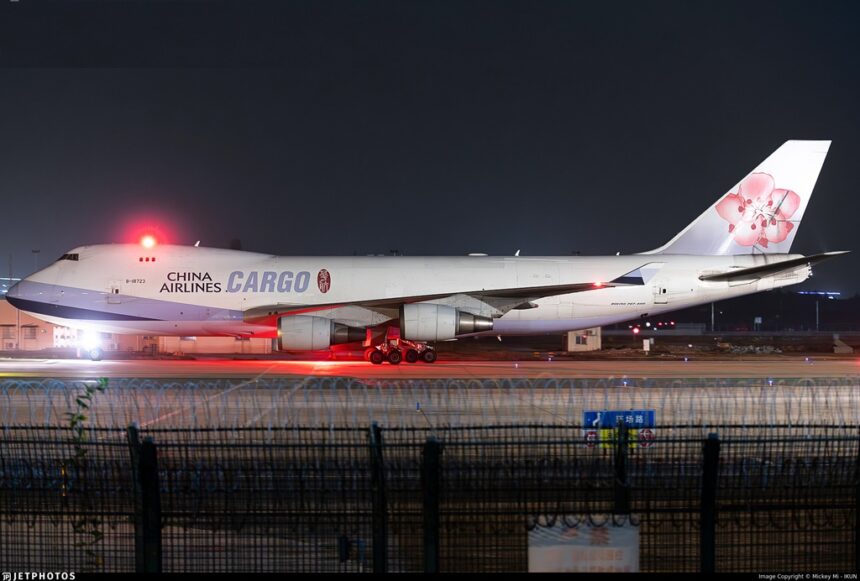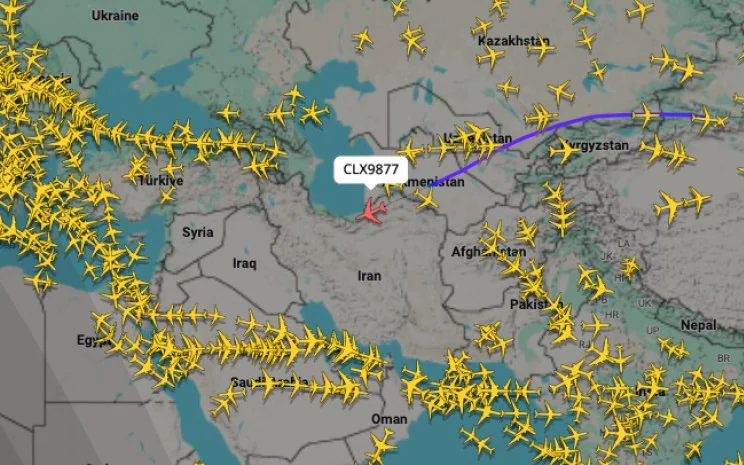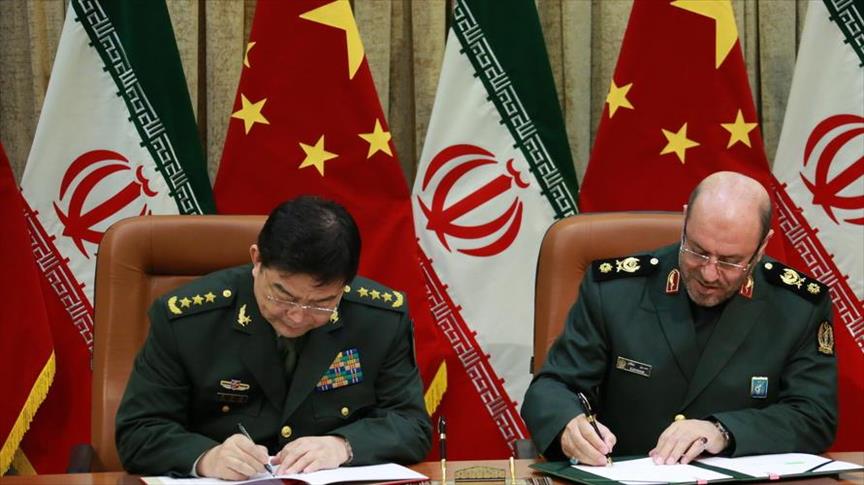BEIJING – China has sent at least three Boeing 747 cargo planes to Iran soon after Israel carried out a series of surprise airstrikes on Iranian nuclear and military sites. The first flights started only a day after Israel began its “Operation Rising Lion” on June 13.
This move has drawn sharp attention from analysts, who point out that these planes are often used to ship military cargo. As Beijing and Tehran grow closer, both in opposition to US power, these flights have raised serious concerns in both Washington and Tel Aviv.
Data from flight trackers, as reported by The Telegraph, shows that the initial plane left China on June 14, followed by a second from a coastal city on June 15, and a third from Shanghai on June 16.
Each aircraft took a similar route, heading west over northern China, then across Kazakhstan, Uzbekistan and Turkmenistan, before going off radar near Iran’s airspace. Although the flight plans listed Luxembourg as their final stop, none of the planes were tracked in European airspace, which has only added to suspicions.
Aviation specialists have called attention to the choice of aircraft. John Harper, an aerospace analyst based in London, explained that Boeing 747 freighters are commonly used for heavy loads, such as military vehicles, weapons or missile parts.
He noted that the decision to turn off the transponders, making the planes untraceable, looks like a clear attempt to keep the cargo secret.
China Ties With Iran
The Telegraph has highlighted that this development comes at a tense time. Iran has suffered major losses, with senior commanders killed and nuclear infrastructure damaged by Israeli attacks. In response, Tehran launched missiles at Israeli cities, but its air defence systems have mostly failed, leaving the country exposed.
According to Newsweek, some Chinese commentators have argued that Iran could have responded better if it had access to weapons like the Chinese J-35 fighter jet, which reflects China’s confidence in its military technology.
The strategic relationship between China and Iran has grown over the last ten years, based on economic ties and a shared challenge to US dominance. Iran now supplies China with up to two million barrels of oil each day, which is a key part of China’s energy needs.
In exchange, China offers diplomatic support, investment through the Belt and Road Initiative, and, according to US sanctions reports, some critical missile and drone components. The partnership, sometimes called the “Red-Green Alliance,” has become stronger as both countries push for a more balanced global order.
Andrea Ghiselli, who teaches at the University of Exeter and focuses on China’s ties with the Middle East, told The Telegraph that Beijing wants Iran to remain stable. He said a collapse of Iran’s regime would shake the region and threaten China’s energy and economic interests. Many in Iran, he added, expect support from China given their close ties.
Worries Over China’s Involvement
The timing of these flights has deepened worries about China’s involvement in the crisis. Israel’s Prime Minister Benjamin Netanyahu described the airstrikes as a necessary move to reduce threats from Iran, pushing the region towards a dangerous tipping point.
The Israeli Air Force claims to control the skies over Tehran, making it harder for Iran’s leaders. In this context, whatever the Chinese planes are carrying—military or humanitarian supplies—the flights could mark a new phase in the standoff with both Israel and the United States.
US leaders are watching the situation closely. President Donald Trump has shifted between urging diplomacy and warning Iran of harsh consequences. He has taken a stronger line in favour of Israel’s actions, though he stopped short of agreeing to a plan to target Iran’s Supreme Leader.
The US has increased its military presence, moving the USS Nimitz carrier group from the South China Sea to the Middle East and sending more refuelling aircraft to Europe.
Posts on X show how the story has gripped public attention, with many users speculating that the cargo planes are delivering weapons, drones or air defence systems. Some posts claim that China is stepping up support for Iran by flying in military equipment, though these claims remain unconfirmed.
Still, some experts urge caution. Tuvia Gering, a China analyst at Israel’s Institute of National Security Studies, told Yahoo News that while the risk of Chinese arms reaching Tehran cannot be ignored, Beijing is likely careful to avoid direct involvement.
He pointed out that taking sides could damage China’s efforts to keep relations stable with the US, especially with ongoing trade disputes.
At present, the exact contents of the Chinese planes remain unknown, as Iranian authorities tightly control access and information. What is clear is that these flights have put the China-Iran relationship under the microscope.
The world is now watching to see if China’s support will change the balance in a region already on the brink.
















